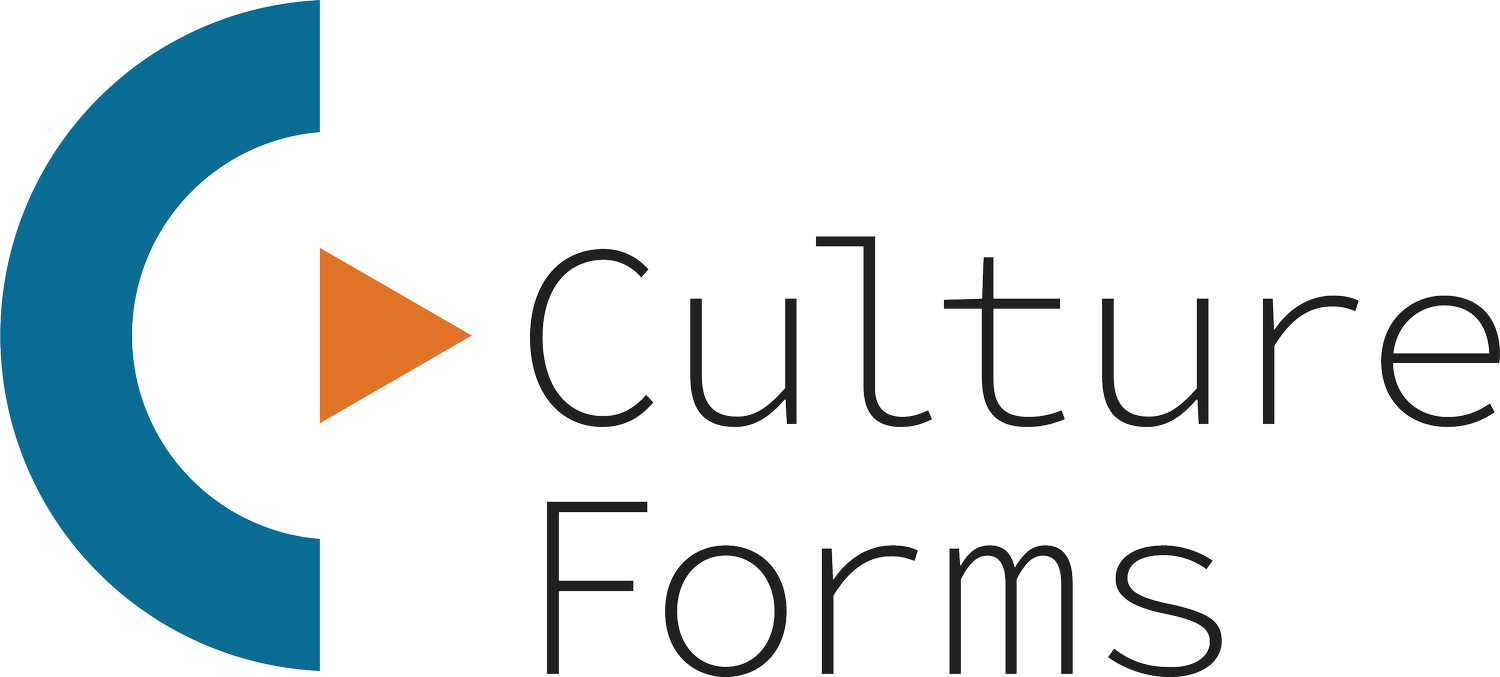On Asking for Help and Helping (Syllables of Work)
Recently, I asked a friend what sorts of things she enjoys doing that might be useful to other people—things that she would do whether she receives compensation or not. The wonder that she is, she rattled off:
doing other people’s taxes
helping people apply to graduate school
anything having to do with data sets or Excel
Stunned by her interests and humanity, I shared my own list back, which included helping people prepare for simple or difficult conversations, giving rides to the airport, editing poems, cleaning out refrigerators, and folding friends’ laundry.
Next, I told her what I struggle with and then asked what kinds of things she needed help with, things that perhaps someone else might enjoy doing.
And so, a thorny premise—asking for help, offering help—was broken down into its core components: what we can do easily (perhaps even with enthusiasm) and what we might need from others who are willing to lend their expertise and time (without resentment). Helping people is easier when it’s not a challenge to you, and it can also be easier to accept help when it’s apparent that someone enjoys what they’re doing.
I’ve asked this same question in various settings: at community circle with my neighbors on Sundays; in Culture Forms facilitations; with friends. Each time illuminates what we’re able and willing to give freely and some areas where we might need some backup. I wonder what might be on your list.
Here are some more questions for individuals and groups to consider:
How likely are you to ask for help when you need it?
How do you feel when asked for help?
How do you like to be asked to help? What makes it more possible to say yes or no?
Who has made you feel relieved that you’ve asked for help? Why, or how?
Who in your life has modeled asking for help in a way you admire?
